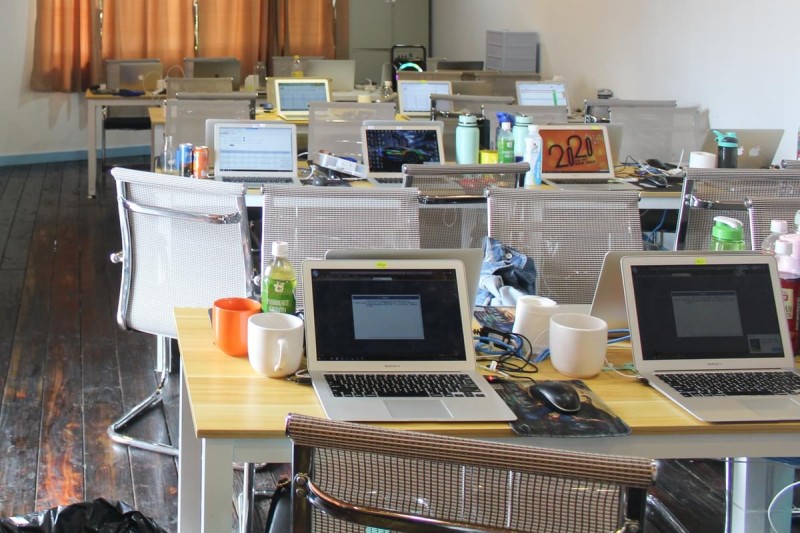The U.S. Treasury sanctioned a Chinese businesswoman in Palau for alleged links to a multi-billion dollar fraud empire, three years after an OCCRP investigation revealed how she helped a notorious triad boss build ties with a former president of the Pacific island country.
Wang Guodan, also known as Rose Wang, was sanctioned by the United States as part of a sweeping action by U.S. and U.K. authorities targeting operators and facilitators of so-called “pig butchering” schemes, largely run by Chinese organized crime groups, that operate from scam compounds in Southeast Asia and elsewhere and rely on forced labor.
‘Pig butchering’ is a type of online scam where the victim is encouraged to make increasing financial contributions over a long period, usually in the form of cryptocurrency.
The designation by the U.S. Treasury’s Office of Foreign Assets Control singled out Wang along with six other people for their alleged roles in facilitating the Prince Group’s operations in Palau..
The Cambodia-based Prince Group was the main target of the action, as it was declared a transnational criminal organization, and its CEO, Chen Zhi, was indicted by U.S. federal prosecutors for conspiracy to commit wire fraud and money laundering.
The sanctions notice cited the role Wang played in helping Prince Group and Grand Legend International Asset Management Company Ltd – a Palau-based company allegedly controlled by Chen Zhi – set up a resort project on Palau’s Ngerbelas island.
“Rose Wang is a Palau-based hotel owner and transnational organized crime facilitator who has helped Prince Group TCO establish commercial interests in Palau. Rose Wang handled local administrative affairs for Grand Legend and helped the company obtain the lease for Ngerbelas Island,” the sanctions notice said.
The decision freezes any U.S.-linked assets and bars American dealings with Wang and two Palau firms tied to her, Jing Pin Inc. and Aqua Pure Water Inc.. Company officers of Grand Legend were also placed under sanction. The six officers carried passports from Saint Kitts and Nevis, Cyprus, Cambodia, and Taiwan, said the sanctions notice.
When contacted for comment by OCCRP, Wang did not provide a response.
Wang’s role in facilitating access by Chinese organized crime to Palau was first revealed in a 2022 OCCRP investigation. OCCRP’s reporting showed how Wang, who is the vice president of Palau’s Overseas Chinese Federation, brokered a 2018 meeting between triad leader Wan Kuok Koi, also known as “Broken Tooth,” and Palau’s former president, Tommy Remengesau Jr. Wan was sanctioned by the U.S. in 2020. OCCRP’s findings were mentioned in Tuesday’s Treasury notice.
Wang has denied links to Wan or CCP-related activities and has denied any wrongdoing.
She and an associate were placed on Palau’s “undesirable aliens” list in 2022. However, the list was updated on January 23, 2023 with Wang's name removed. This situation has since been reversed, as of Wednesday, with Wang once again being on the undesirable aliens register, according to documents from the Attorney General's Office, obtained by OCCRP.
She continues to live and run businesses in Palau.
Palau is a strategically located country in the western Pacific Ocean that is in a so-called Compact of Free Association with the United States. It is also one of only a handful of countries worldwide that diplomatically recognizes Taiwan rather than Mainland China.
Beijing has sought to increase influence over the country’s economic and political life through a range of tactics, including the use of organized crime groups as proxies, U.S. officials say. Palau’s President Surangel Whipps Jr. has claimed that China “weaponizes” tourism to pressure Palau to drop Taipei and blamed China for a cyberattack last year.






